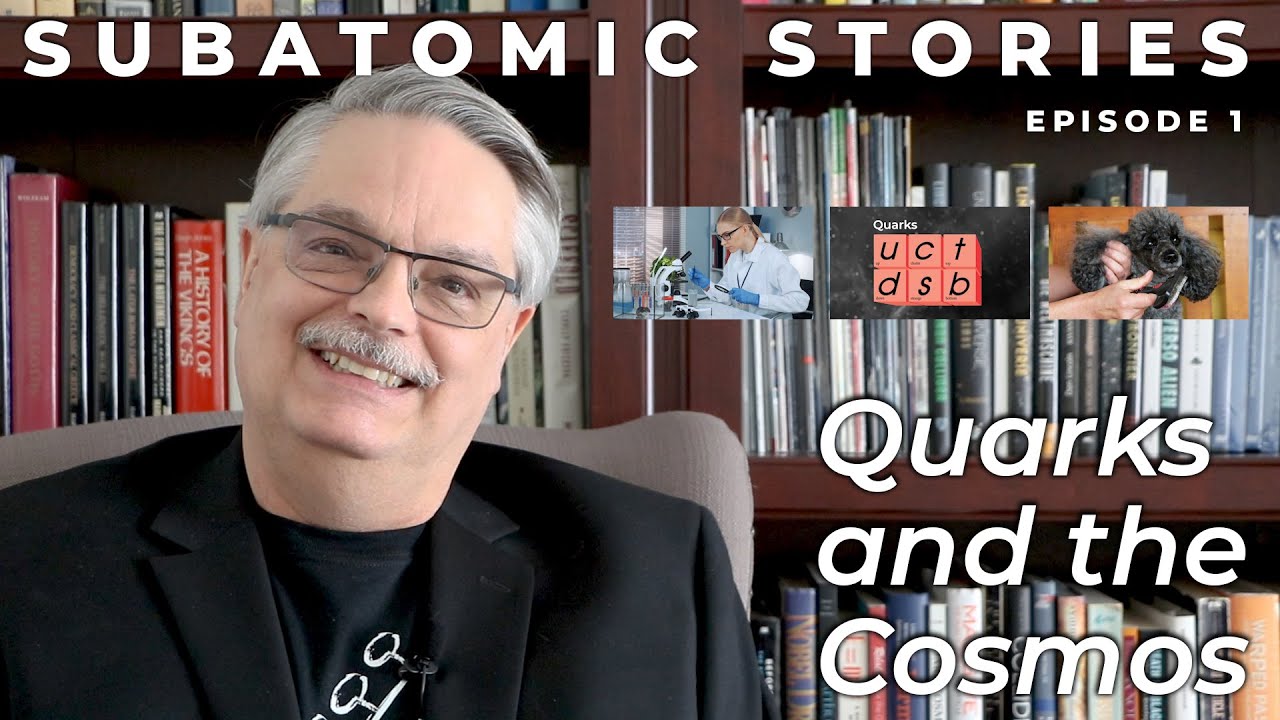Sound epistemological reasoning, if accepting claims is not based on sufficient objective evidence, then what is your criteria for disbelief?
No, scientific ideas are only accepted if sufficient objective evidence supports them, Even at the start of an idea, when there isn’t a consensus that it is correct, because it might be based on little more than imagination and speculation, it still must be falsifiable, as this is an essential requirement of all scientific ideas. Nothing is ringfenced from scrutiny in science, all ideas no matter how well established through objective evidenced must remain tentative, and open to revision if the evidence demands it. This is one of science’s greatest strengths, its ability to acknowledge at any time that an idea may be wrong if the evidence demands it. The polar opposite of religions, which without any objective evidence insist they have uncovered absolute esoteric truths that are immutable. They have ended up with egg on their faces as they try desperate rationalisations as to why those immutable claims have been entirely debunked by scientific evidence. The birth of science saw the Catholic church try to suppress objective facts in favour of archaic superstition, by subjecting Galileo to the inquisition.
There is no dilemma for science or scientists, science rejects all unfalsifiable claims as unscientific, it still surprises me how many theists don’t appear to know this most basic requirement of the method. Also the scientific method’s success are quantifiable, and an objective indicator that the method doesn’t just work, but is by far and away the best method we have for understanding reality.
By comparison religions don’t seem to have expanded our knowledge of the natural world and universe at all, despite thousands of years of navel gazing. Indeed biblical and koranic claims about both have been largely debunked by the advancement of science in just a few hundred years.
You have yet to show a shred of evidence that supports the claim in this so called miracle, that anything happened at all? Nor has anyone offered any valid way to falsify the claim, thus it would be rejected as unscientific by any scientists who cared at all about their reputation.
It’s not unique here, since it is based on basic dictionary definitions. Dictionary definitions are based on common usage. As I explained conversion in this context is defined as the fact of changing one’s religion or beliefs or the action of persuading someone else to change theirs. Atheism is not a belief, nor does it require any, thus what you described would be abandoning beliefs, not converting to other beliefs. This isn’t simply semantics, if we don’t adhere to definitions then what we are conveying loses clarity.
